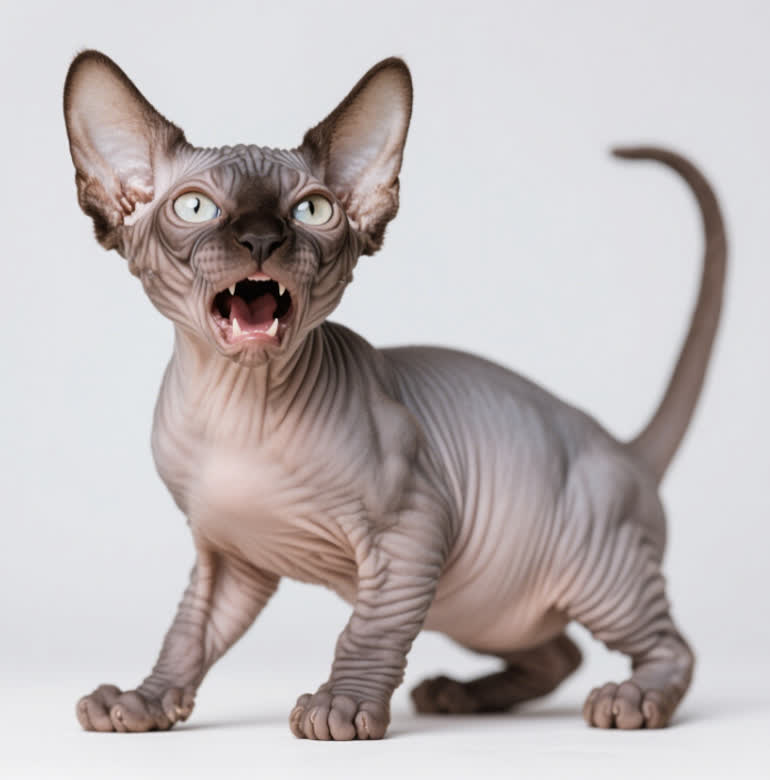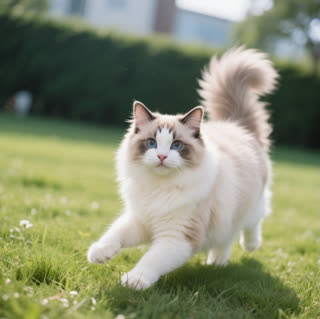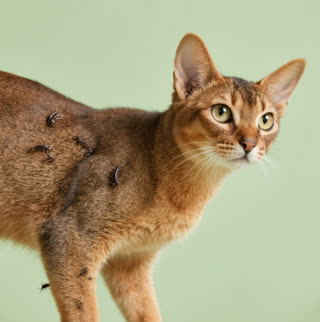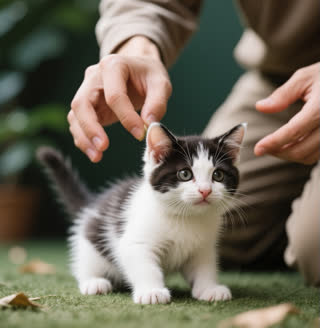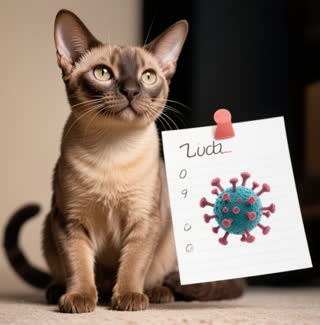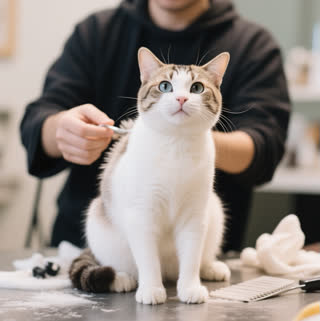Understanding the Hyperactive Devon Rex Kitten
Core Training Principles for Hyperactive Devon Rex Kittens
1. Positive Reinforcement: The Key to Success
Clicker Training: Pair a clicker with treats to mark desired actions (e.g., sitting on command). This method helps kittens quickly learn commands like "sit" or "stay" .
Toy Rewards: Use interactive toys (e.g., feather wands, puzzle feeders) as rewards during training sessions. This not only reinforces good behavior but also satisfies their hunting instincts .
2. Structured Playtime to Burn Energy
Laser Pointers: Use a laser pointer to simulate prey, but always end sessions by letting your kitten "catch" a physical toy to avoid frustration .
Obstacle Courses: Create DIY courses with boxes, tunnels, and low hurdles to challenge their agility .
3. Redirecting Destructive Behaviors
Scratching Posts: Place tall, sturdy scratching posts near furniture. Rub catnip on them to attract your kitten .
Chew Toys: Offer soft chew toys to redirect biting. If they nip during play, pause the interaction and ignore them for a few seconds to discourage the behavior .
Advanced Training Techniques
1. Leash Training for Outdoor Exploration
Start Indoors: Introduce the harness gradually, rewarding your kitten with treats for wearing it. Once comfortable, attach a lightweight leash and let them explore indoors .
Outdoor Adventures: Gradually move to quiet outdoor spaces, ensuring the environment is safe and free of hazards .
2. Socialization to Prevent Anxiety
Expose to New Experiences: Introduce them to different sounds (e.g., vacuum cleaners), textures, and strangers in a controlled manner .
Playdates: Arrange supervised interactions with friendly, vaccinated cats to prevent aggression or fear .
3. Addressing Specific Behavioral Challenges
Nighttime Hyperactivity: Engage in vigorous play before bedtime to tire them out. Provide a cozy bed in a quiet area to encourage rest .
Food Aggression: Use puzzle feeders to slow down eating and teach patience. Never punish food-related behaviors .
Health and Nutrition for Hyperactive Kittens
High-Protein Diet: Choose kitten food rich in animal protein to support muscle development and energy needs. Avoid fillers like corn or soy .
Hydration: Provide fresh water at all times. Wet food can also help maintain hydration .
Regular Vet Checkups: Monitor for genetic health issues like hypertrophic cardiomyopathy (HCM) and ensure vaccinations are up-to-date .
Common Mistakes to Avoid
Overfeeding: Obesity can exacerbate hyperactivity. Follow portion guidelines and avoid free-feeding .
Inconsistent Training: Devon Rex kittens thrive on routine. Stick to a consistent schedule for meals, play, and training .
Ignoring Dental Health: Regular teeth brushing prevents plaque buildup, which can lead to discomfort and behavior changes .
